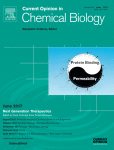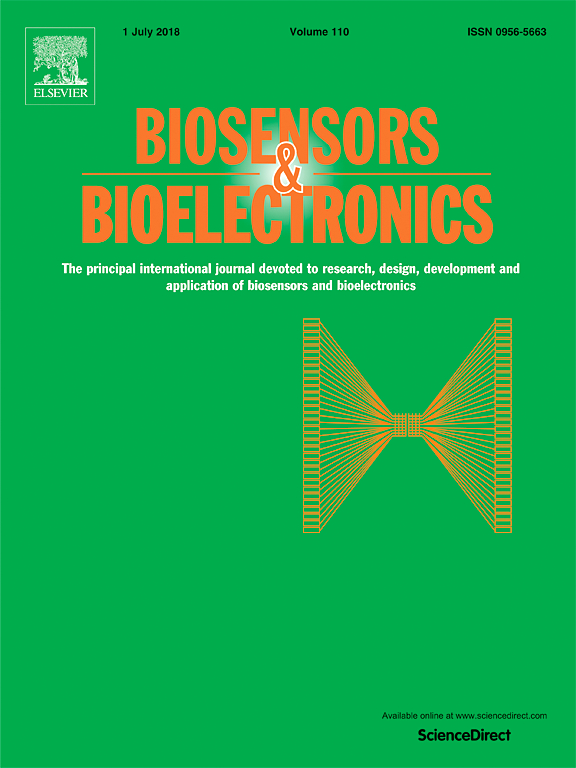
A researcher who has received millions in funding from the U.S. National Institutes of Health and who runs a lab at the Icahn School of Medicine at Mount Sinai in New York has confessed to falsifying data in a 2014 paper.
Gareth John, who studies multiple sclerosis and other neurological diseases, “has expressed remorse for his actions,” according to a report released last week from the U.S. Department of Health and Human Services’ Office of Research Integrity. Continue reading Mount Sinai multiple sclerosis researcher admits to misconduct

 When the former editor of a public health journal didn’t get a straight answer about why the journal retracted his paper that was critical of corporate-sponsored research, he brought his concerns to
When the former editor of a public health journal didn’t get a straight answer about why the journal retracted his paper that was critical of corporate-sponsored research, he brought his concerns to 


 For months, a researcher has wrestled with a journal over the wording of an upcoming retraction notice. It appears that she has lost.
For months, a researcher has wrestled with a journal over the wording of an upcoming retraction notice. It appears that she has lost.